By Badr Jafar, Businessman and Philanthropist from the UAE
Asian philanthropy is witnessing a transformation as the region's high-growth economies contribute more to tackling social and environmental challenges both locally and globally. In recent years, prominent figures from various sectors across Asia have begun to recognise philanthropy's crucial role in driving sustainable development and societal progress. But in an era marked by pressing global issues, Asian philanthropy has a unique opportunity—and responsibility—to approach giving in a way that’s not just generous but also strategic.
Philanthropy, at its core, is about contributing money, time, or resources to benefit society. Yet, effective philanthropy in today’s world requires more than generosity; it needs a strategic approach. Strategic philanthropy focuses on solving root causes of social problems. Asian philanthropists, particularly those inspired by business principles, increasingly see the value in setting clear goals, creating and executing diligent implementation plans, and relying on data to measure impact. By approaching philanthropic investments with some of the same principles applied in business, they aim for long-term, sustainable outcomes rather than short-term fixes.
Building Trust and Infrastructure: Foundations for Impact
While sound strategy is essential, philanthropy is also fundamentally about relationships. Asian cultures, known for their emphasis on trust and relational harmony, are well positioned to leverage this. Philanthropic relationships built on mutual respect and transparency between donors and communities foster deeper engagement, ensuring that programmes are not only impactful but also welcomed and sustained. The most effective philanthropy combines data-driven strategies with active listening and understanding of local needs, thereby generating all-important trust and ensuring that communities are empowered rather than passive recipients of aid.
Many Asian philanthropists, particularly from entrepreneurial backgrounds, started with a desire to create social value through business. Figures like Nobel laureate Muhammad Yunus and other social entrepreneurs across Asia have illustrated how businesses can address social issues without compromising on profitability. This philosophy, sometimes referred to as "impact entrepreneurship," has paved the way for philanthropists who, recognising the limits of business alone, see the value in philanthropic approaches to address gaps that government or business capital may not fill effectively.
One challenge for Asian philanthropy is the lack of established infrastructure that helps amplify the impact of giving. Numerous Asian nations are beginning to build ecosystems that support large-scale, collaborative giving. The establishment of institutions and networks, such as the Philanthropy Asia Alliance, is a step toward creating a resource and knowledge hub for Asian philanthropists. By investing in such infrastructure, Asian donors can multiply their impact, providing better tools and frameworks for more effective giving.
The Future of Asian Philanthropy: Collaboration and Innovation
Asia is also a hub for digital innovation, and this extends into philanthropy. The digital revolution offers new ways to increase the accessibility and efficiency of giving. Platforms that enable small, targeted contributions from a large pool of donors allow for a shift from traditional "one-to-many" models, where a few wealthy donors support various beneficiaries, to a "many-to-one" model, empowering individuals to contribute smaller sums that pool together to create large-scale giving. This democratisation of giving has the potential to revolutionise philanthropy across Asia, especially in regions where large wealth gaps exist.
Strategic philanthropy requires access to relevant data, yet there is a notable lack of research focused on philanthropy in Asia. Establishing centers for data and research in high-growth regions, such as the Strategic Philanthropy Initiative in collaboration with NYU Abu Dhabi and the Centre on African Philanthropy & Social Investment (CAPSI) at Wits Business School in South Africa, addresses this gap, enabling philanthropists to make informed decisions based on rigorous analysis and case studies. These centers, envisioned as networks for learning, convening, and sharing resources, can serve as a foundation for growth in Asian philanthropy, helping the region’s philanthropists to strategise effectively.
Telling the story of Asian philanthropy from an authentic, regional perspective is also crucial. Too often, philanthropy is studied and shared through a Western lens, overlooking the unique characteristics and challenges of Asian societies. Localised storytelling in media can inspire and inform the next generation of philanthropists by highlighting regional successes, sharing innovative approaches, and shedding light on grassroots movements. By investing in media and local storytelling, Asian philanthropy can continue to shape its identity and influence the global philanthropic landscape. To this effect, I have partnered with Alliance (a UK based non-profit philanthropy and social investment publication) to accelerate the globalisation of philanthropy coverage, specifically in and from high-growth markets, by recruiting and placing journalists with expertise in philanthropy within countries in Developing Asia, Middle East and North Africa, and Sub-Saharan Africa.
Inspiring the Next Generation of Philanthropists
Ultimately, Asia’s philanthropic journey is about more than individual achievements; it’s about collaborative impact. By combining efforts across sectors—business, government, and civil society—Asian philanthropy can be a catalyst for sustainable and inclusive growth. The urgent global challenges we face demand that no one sector works in isolation.
My own approach to philanthropy centres on investing for growth and building systems and tools that advance strategic giving. Arriving at this perspective took time and reflection, shaped by exposure to a wide range of pressing causes and complex issues. I'm deeply passionate about fostering social innovation, both in the Middle East and beyond. I've seen firsthand the transformative impact of empowering young people through entrepreneurship, education, and skills development. I believe strongly in the essential roles that creativity and the arts play in driving social and economic progress. I am very excited about the immense potential that digital technology holds to accelerate learning and expand opportunities, especially for underserved communities. I've also long advocated for robust corporate governance as a foundation for socio-economic advancement and understand the interconnected nature of climate, natural ecosystems, and human development. Throughout this journey, I’ve had the privilege of collaborating with inspirational leaders across the humanitarian and development sectors, all of which has enriched my perspective and furthered my commitment to meaningful, sustainable change.
To dive deeper and explore the perspectives of some of Asia’s most innovative philanthropists—among other global luminaries—The Business of Philanthropy book recently published by Harper Collins presents a rich tapestry of insights, showcasing the diverse ways in which leaders are leveraging their resources to tackle urgent social challenges. It’s an invitation to think bigger about the role of philanthropy, showing how strategic and collaborative approaches can drive transformative change. The book draws from a series of conversations conducted over several years with more than 50 leaders from the business, philanthropic, and social sectors across five continents, with a particular emphasis on the dynamic economies of the Middle East, Africa, and Southeast Asia. The individuals featured in the book bring diverse perspectives: some are seasoned philanthropists, while others are newer to the field. They include influential figures in business, public service, and international governance, as well as numerous entrepreneurs. What unites them is a shared passion for understanding and advancing the impact of philanthropy.
For those interested in learning more about these powerful stories and discovering actionable strategies to enhance their impact, the book is available here. Join the movement to create a legacy of meaningful, sustainable impact across Asia and beyond.
About the author
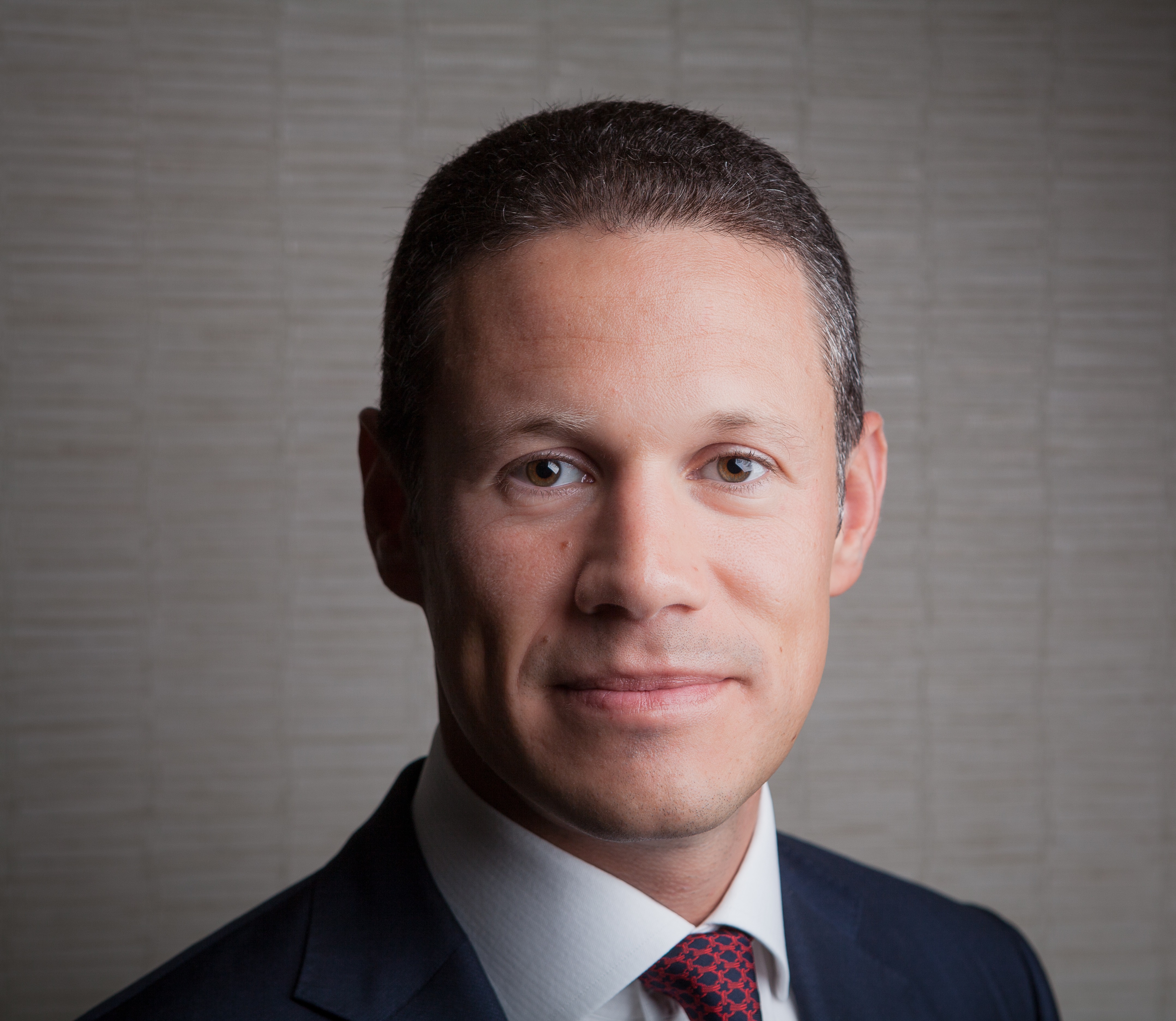
Badr Jafar is a businessperson and social entrepreneur from the United Arab Emirates, with a longstanding interest in the promise and practice of strategic philanthropy. He is the CEO of Crescent Enterprises, a diversified business operating in 15 countries. In 2010, he founded the Pearl Initiative, a non-profit committed to promoting a corporate culture of transparency and accountability in the Gulf Region. He is the Founding Patron of the Centre for Strategic Philanthropy at the University of Cambridge and the Strategic Philanthropy Initiative at NYU Abu Dhabi. In 2023, Badr served as the Special Representative for Business & Philanthropy for COP28 to the UN Framework Convention on Climate Change (UNFCCC). In 2024, he was appointed as the first Special Envoy for Business & Philanthropy from the UAE.

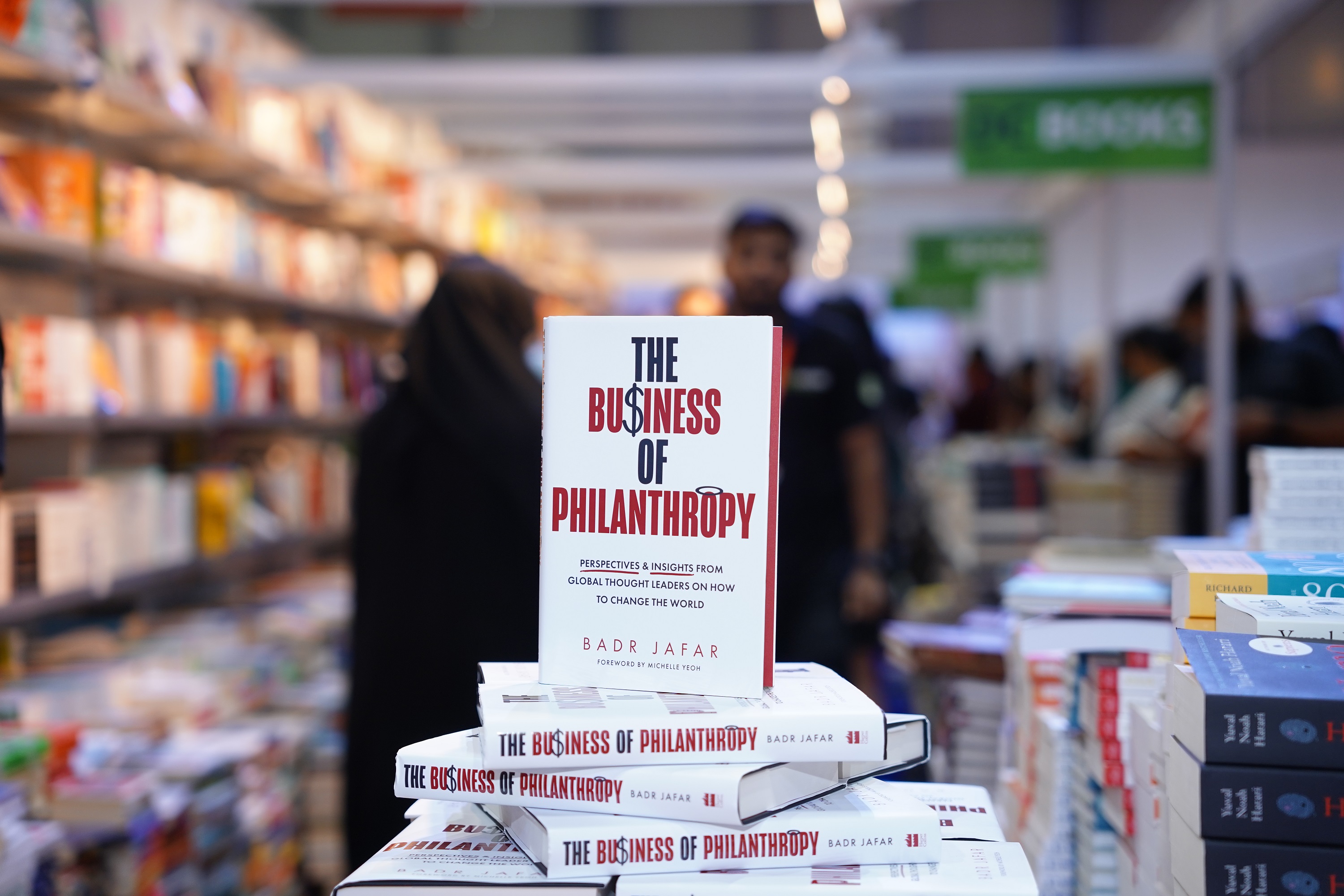
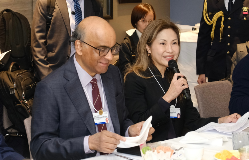
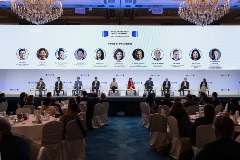
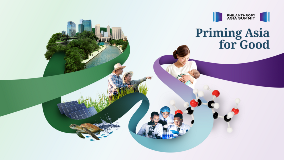

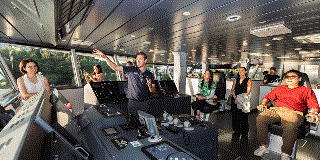

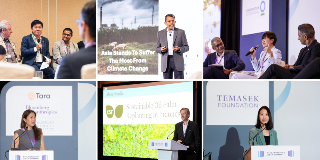
.tmb-.png?Culture=en&sfvrsn=7fea9931_1)
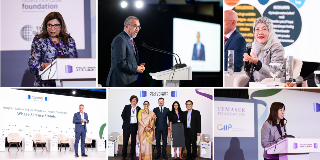
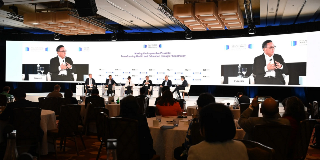
.tmb-.gif?Culture=en&sfvrsn=e13997ec_1)

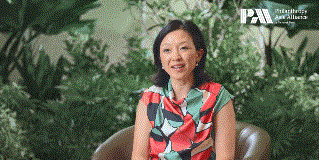
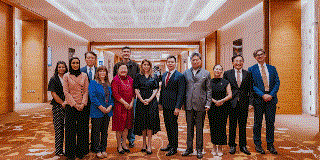
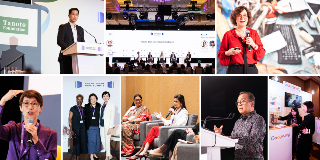
.tmb-.gif?Culture=en&sfvrsn=3f4b1163_1)

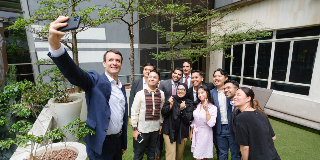
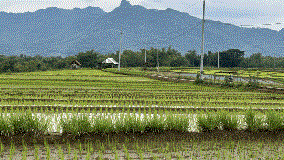

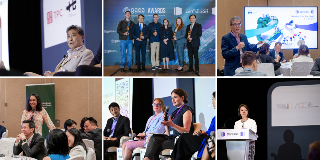

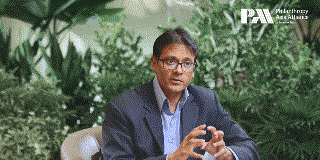
.tmb-.gif?Culture=en&sfvrsn=b5ece239_1)
.tmb-.gif?Culture=en&sfvrsn=6fb3b6df_1)

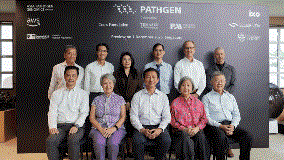

.tmb-.jpg?Culture=en&sfvrsn=fedc60fc_1)
